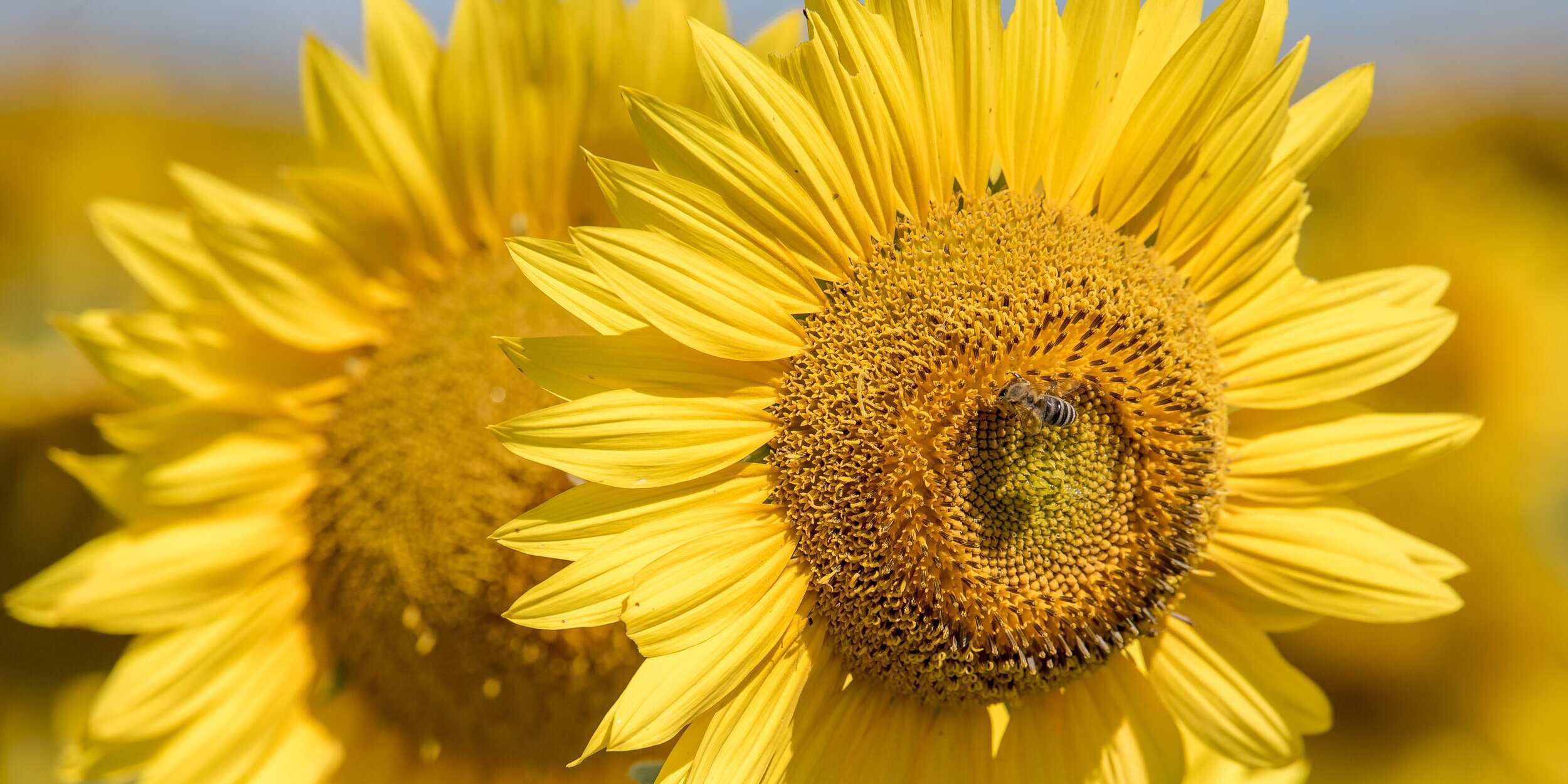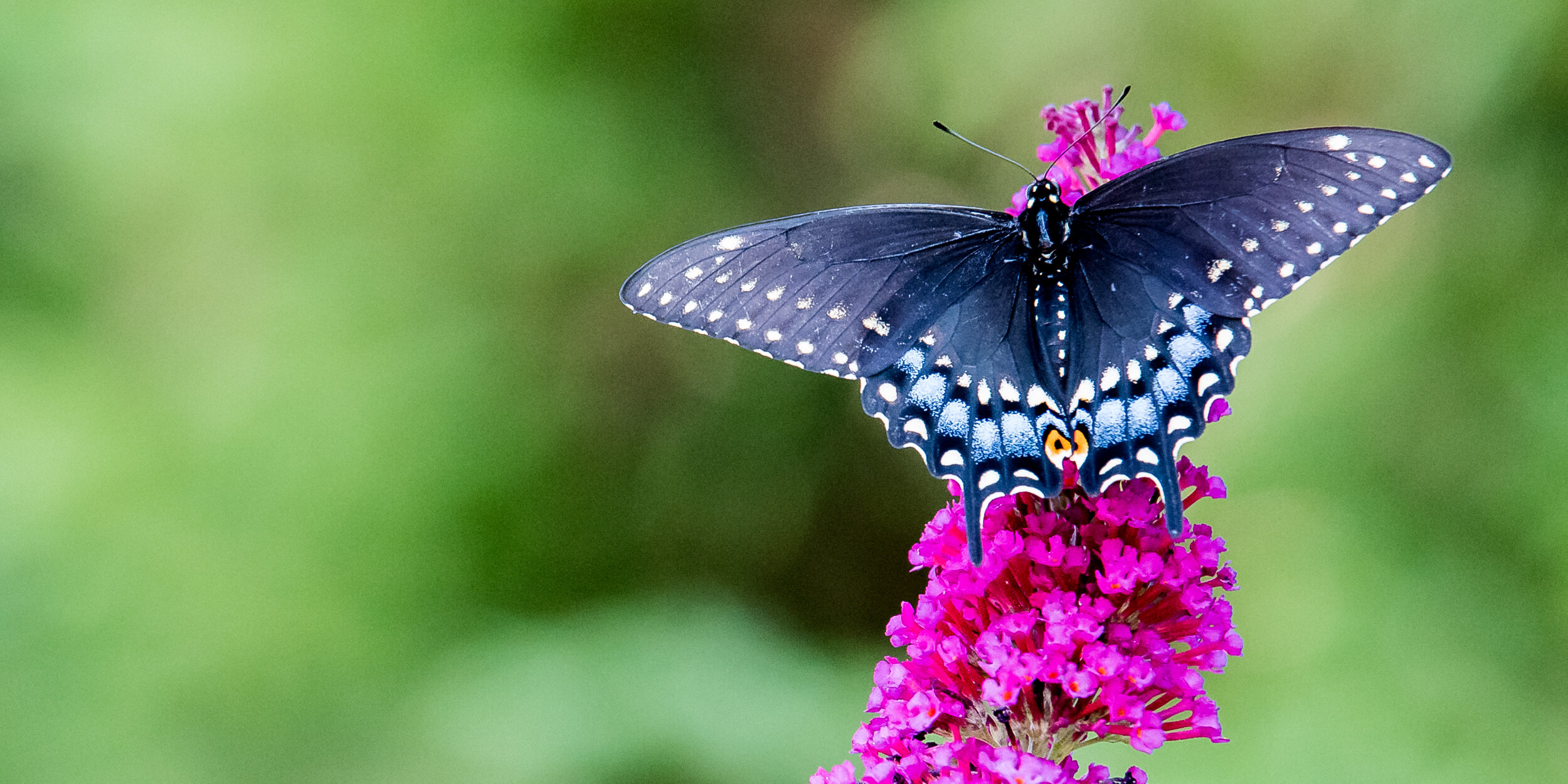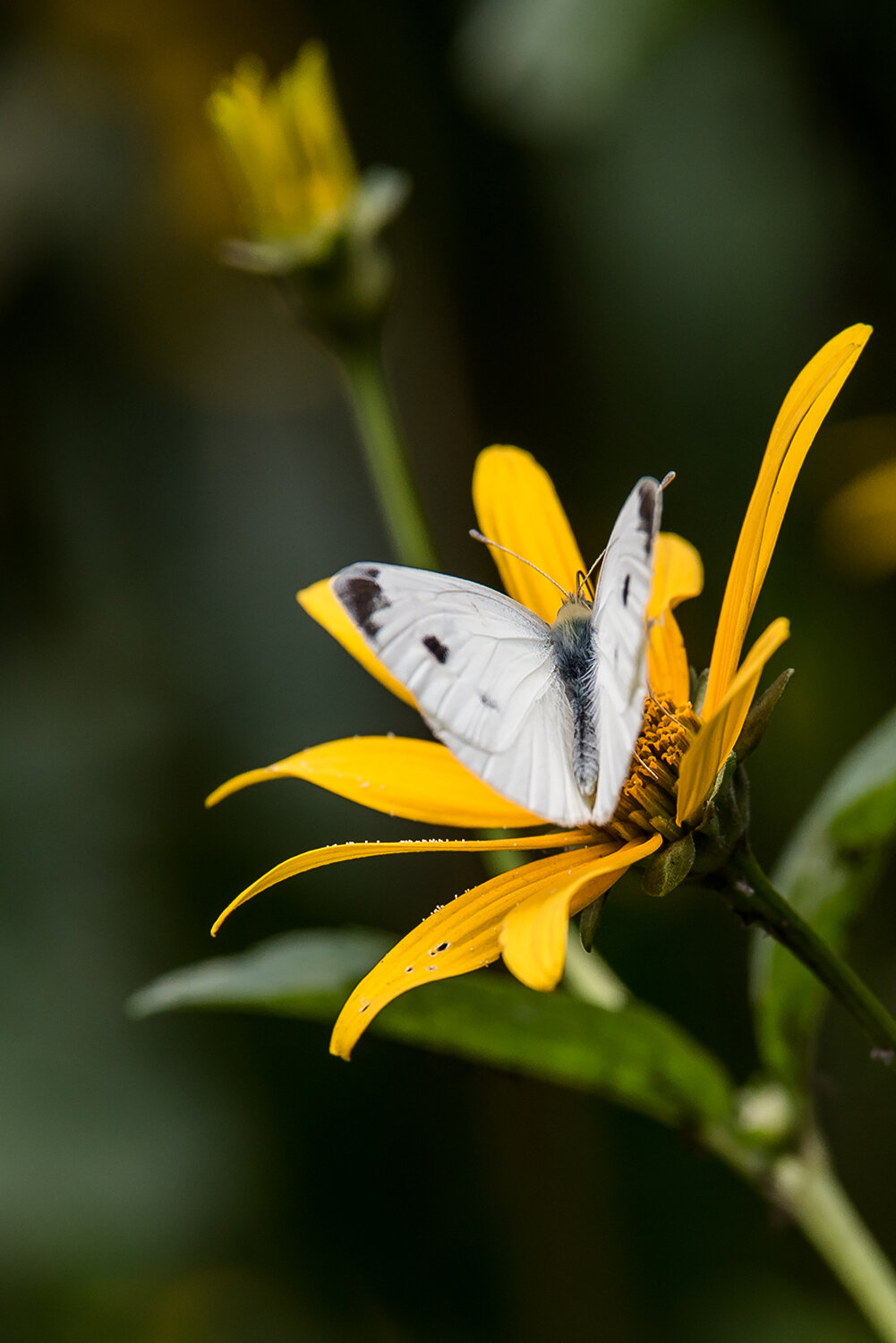
The Manitou Springs Pollinator Project is blooming!
Manitou Springs Pollinator Project’s purpose is to enhance the natural environment of Manitou Springs to make it a more pollinator friendly city.
Photography provided by Fiebert Photography
Who we are
The MSPP is a group of concerned residents who take the plight of Pollinators seriously.
The role of Pollinators is critical to our food supply and ecosystems.Their decline has been documented world-wide and reported by the United Nations.
Manitou Springs can help. We can be among those forward thinking cities that want to act locally to effect globally. By enhancing our natural environment, we can make Manitou Springs a more “Pollinator friendly” city.
MSPP participants have taken on the role of Pollinator Ambassadors to spread the word of the importance of a healthy environment for Pollinators. Whether talking about our city’s Organic Land Management Policy or the importance of Pollinator-friendly plants, we are “cross-pollinating” many ideas and efforts.
What are pollinators and why are they so important?
Pollinators are essential to life on earth. Butterflies, moths, bees, beetles, hummingbirds, flies, bats are some of the animals that move pollen between flowers, enabling them to produce seeds. The service these pollinators provide is necessary for the reproduction of over 85% of the world’s flowering plants. The resulting seeds and fruits provide food for other animals ranging from songbirds to grizzly bears. More than 2/3 of the world’s crop species, whose fruits and seeds together provide over 30% of the foods and beverages that we consume, require the presence of a Pollinator.
There has recently been a rapid decline of Pollinators. Latest estimates are that 41% of insect Pollinators are at risk of extinction, not decline, but extinction! This threat is credited to the use of chemicals, habitat loss and changes in climate.
There has recently been a rapid decline of Pollinators. Latest estimates are that 41% of insect Pollinators are at risk of extinction, not decline, but extinction! This threat is credited to the use of chemicals, habitat loss and changes in climate.
What you can do to help pollinators
Create a Pollinator inviting garden, small or large, with a diversity of bloom and blooming times.
Leave a portion of your garden landscape “wild” to provide natural habitat.
Do not use chemicals (pesticides or herbicides).
Most bees and butterflies prefer sunny, open areas. Pollinators attracted to open sunny areas will also have more choices to pollinate the flowers or lay eggs on the taller shrubs and trees along the borders or north end of your yard.
Be a Pollinator Ambassador! Talk to others about Pollinators and put up a Pollinator Habitat sign.
Signs available at:
Upcoming MSPP Events
The hum of bees is the voice of the garden.
— Elizabeth Lawrence




